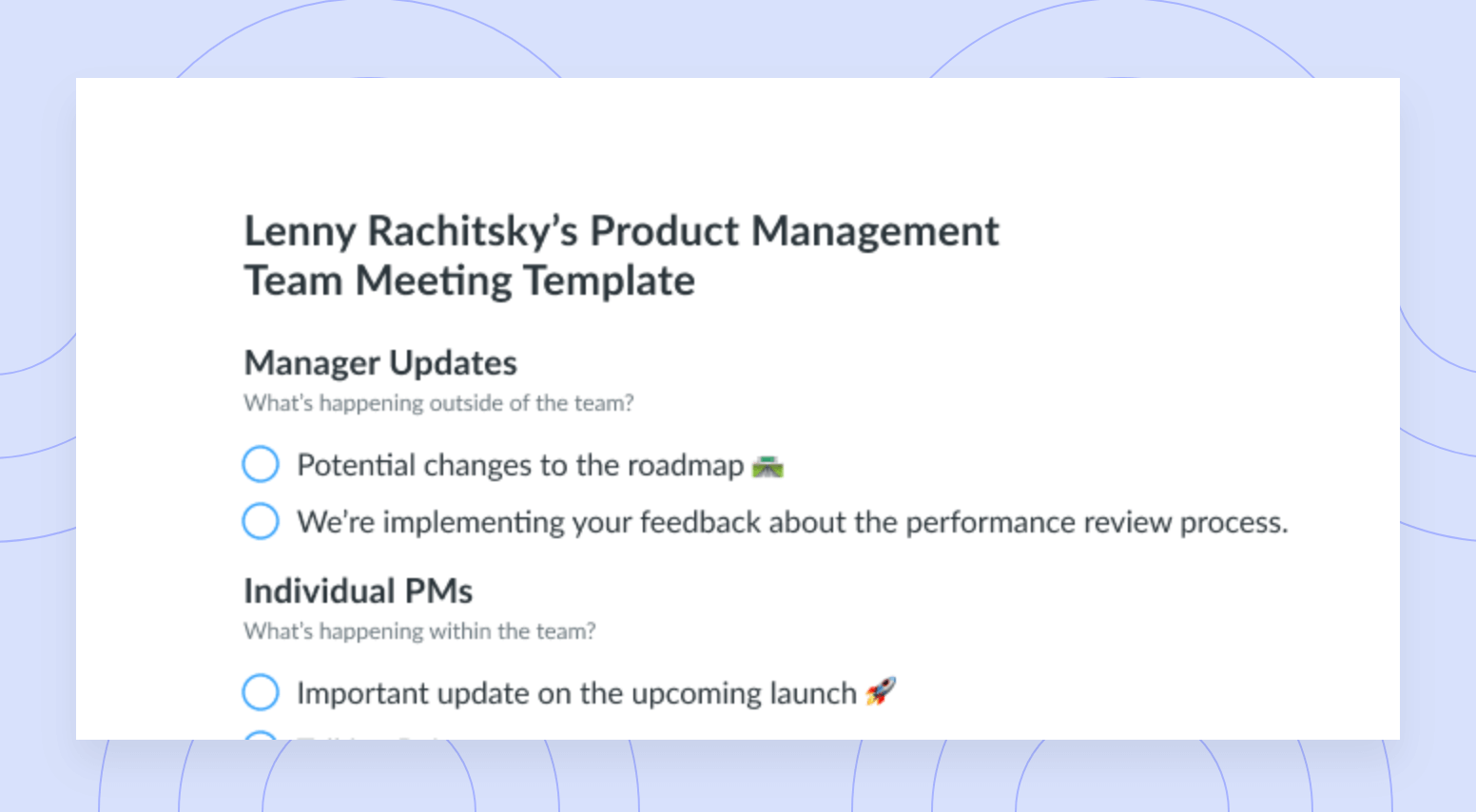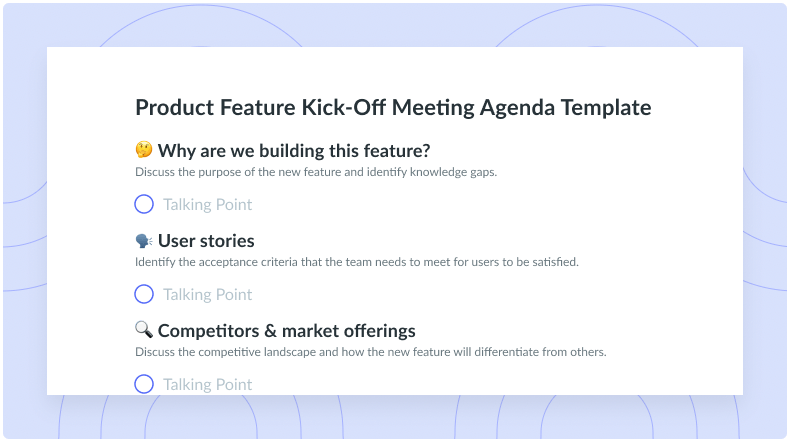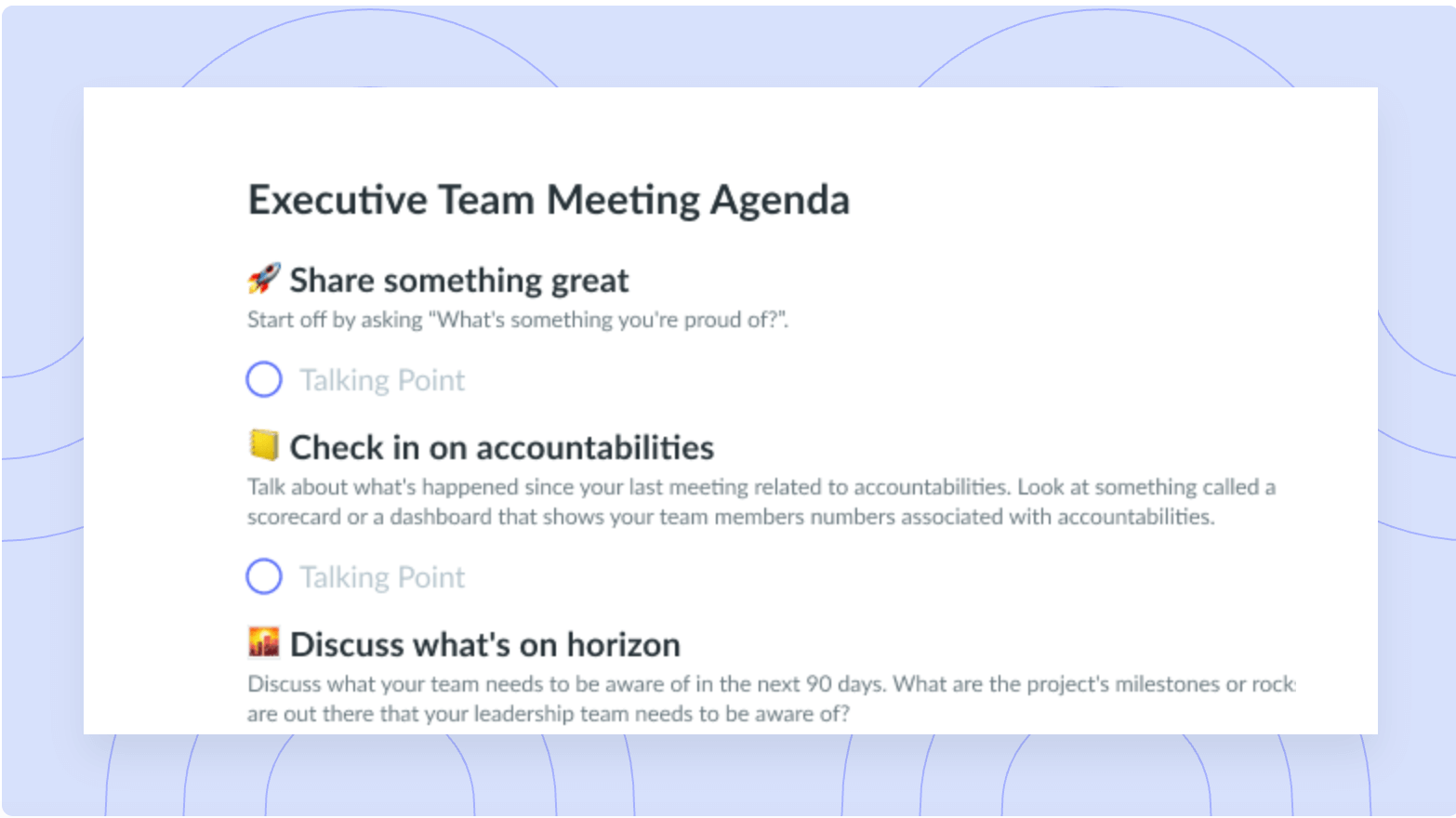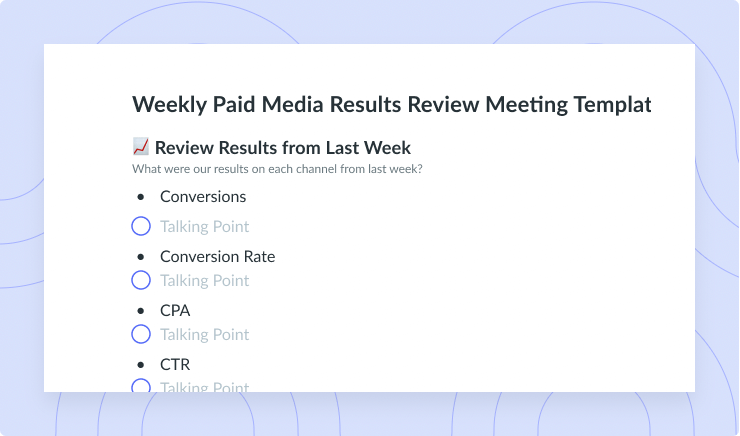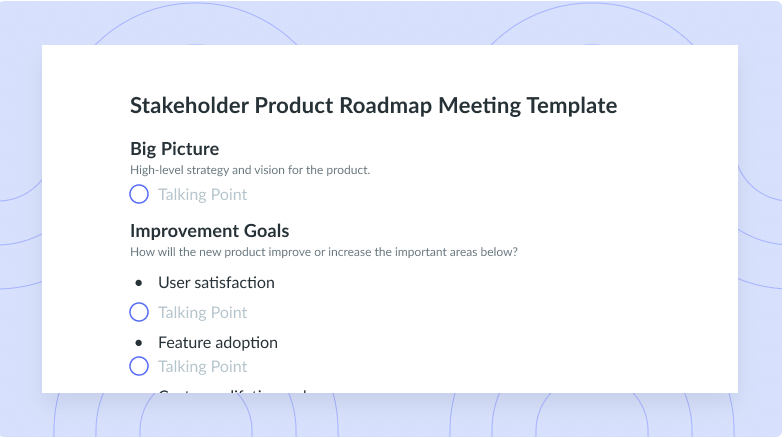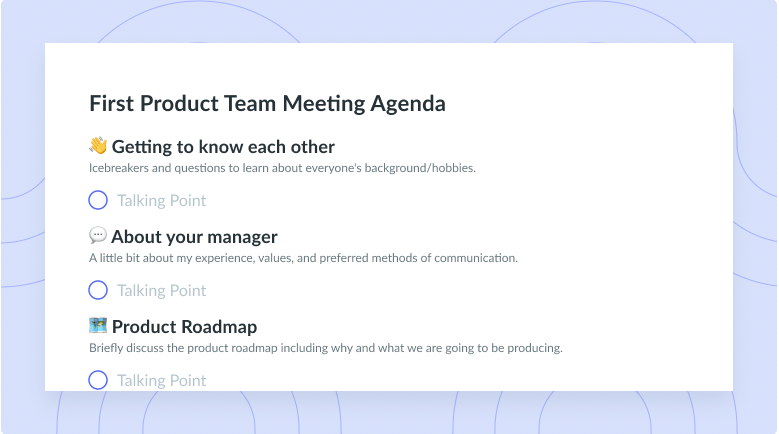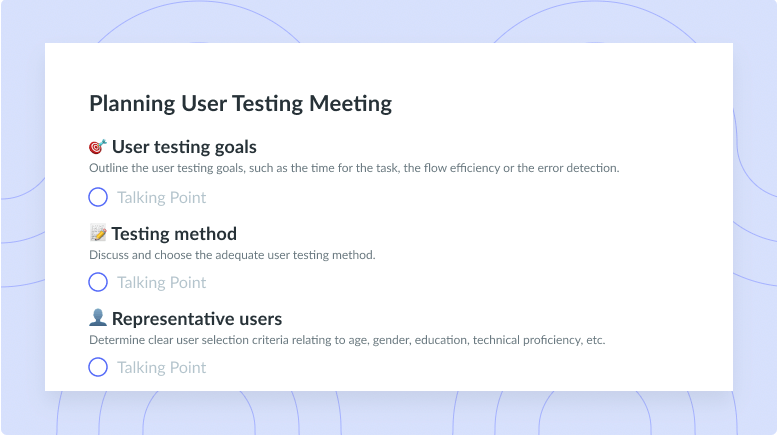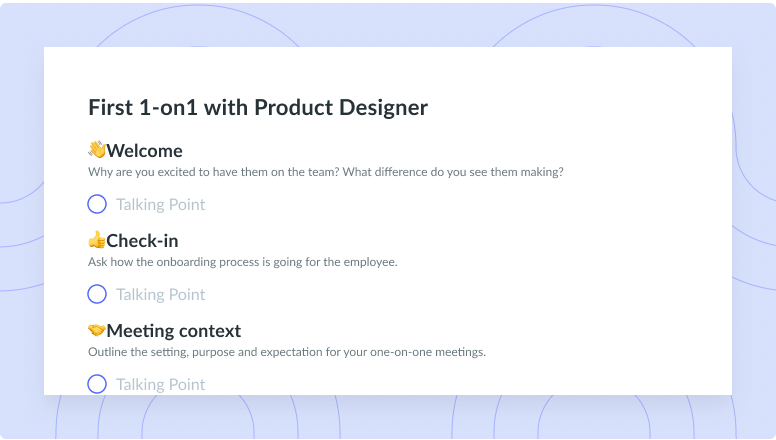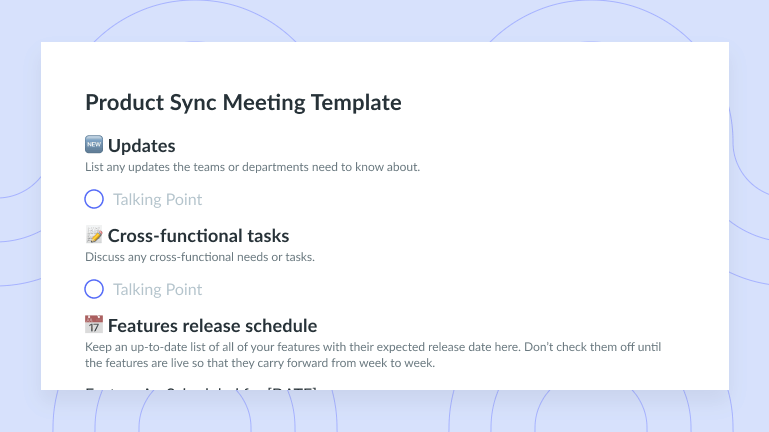7 Product Backlog Management Tools to Consider
In need of a product backlog management tool to get your team organized? Here are eight products to check out now.
Rome wasn’t built in a day.
And neither was a well-executed product. A complete product that is ready to be introduced to the market needs to go through a long list of steps, with several individuals working on details and action items at once. A product backlog needs to be in place for an agile team to know what is first on the priority list.
When your team takes the time to prioritize an agile backlog, this preparation not only makes iteration planning easier, but also makes every last detail the team needs to be spending their time on clear. This clarity can better manage expectations amongst the team, stakeholders, and other departments within the organization.
Without this backlog, it can be incredibly challenging for a development team to know what they need to work on and what products can wait to be worked on another day.
- What is a product backlog?
- Product backlog software considerations
- 7 product backlog management tools to check out
What is a product backlog?
Think of a product backlog as a running to-do list. This list is composed of work that comes from the upcoming roadmap and all of its requirements, organized by priority for the development team.
At the top of the backlog, the team will find the most important items and projects that need to be worked on and accomplished first. What makes the backlog different from other lists is that other lists would leave the development team unsure of what they should prioritize.
Product backlog software considerations
There are four main product backlog software considerations when choosing the right tool for your team.
- Custom prioritization: Ideal for sprint planning with the entire scrum team, which can better define how that work will be achieved and what needs to be accomplished first.
- Visualization options: Creates different types of data visualization charts, like burndown charts. These charts are visual tools that help agile project management teams keep track of what action items have been completed, what needs to be done next, and how much time is left to work on a specific project
- Emergent scrum tool: Can showcase work that “emerges” during a sprint and can better assist teams as they pivot and change direction.
- Expectations: Some backlog management tools focus on communication and comprehensive broadcasting amongst team members, stakeholders, and other departments, which could be helpful for setting and clearly communicating expectations.

Get the right product backlog management tool
Drive engagement and productivity before, during, and after every meeting so you can roll up your sleeves and get started on your backlog of action items with Fellow!
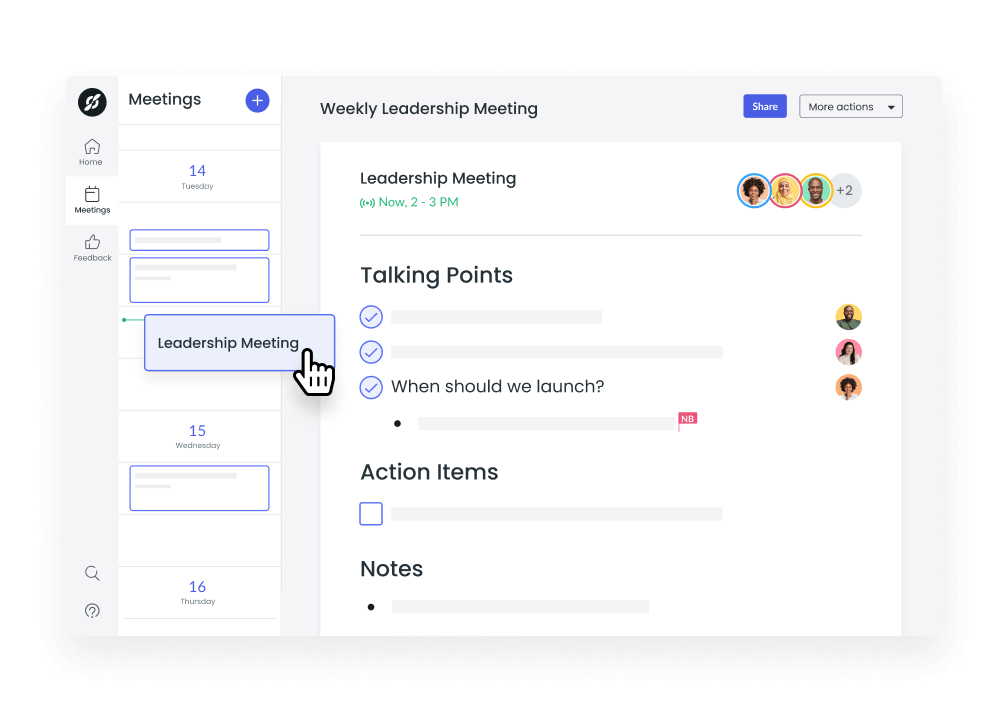
7 product backlog management tools to check out
If your team is looking for a product backlog management tool, here are eight that you should consider!
1Fellow
Next up is Fellow, which is a meeting management software that doubles as an efficient product backlog management tool. Teams of all shapes and sizes use Fellow to keep everyone accountable, have collaborative meetings, and plan products from start to finish. Fellow drives engagement and productivity before, during, and after every meeting so teams can roll up their sleeves and get started on their backlog of action items.
Users of Fellow can take advantage of features like:
- A long list of integrations, including with ClickUp, Asana, monday.com, and Jira
- A variety of meeting templates, so communication across teams is always clear and concise
- The ability to assign, organize, and prioritize all action items in one place
- Streams, which act as digital notepads where action items and ideas come together to drive productivity
Price: Fellow is a free tool for teams of up to 10 people and remains free for an unlimited amount of time. Fellow starts at $6 per user per month when paid annually for teams of more than 10 people, but is free for teams of up to 10 people. Contact sales for more pricing information for larger businesses and enterprises needing more features and functionality.
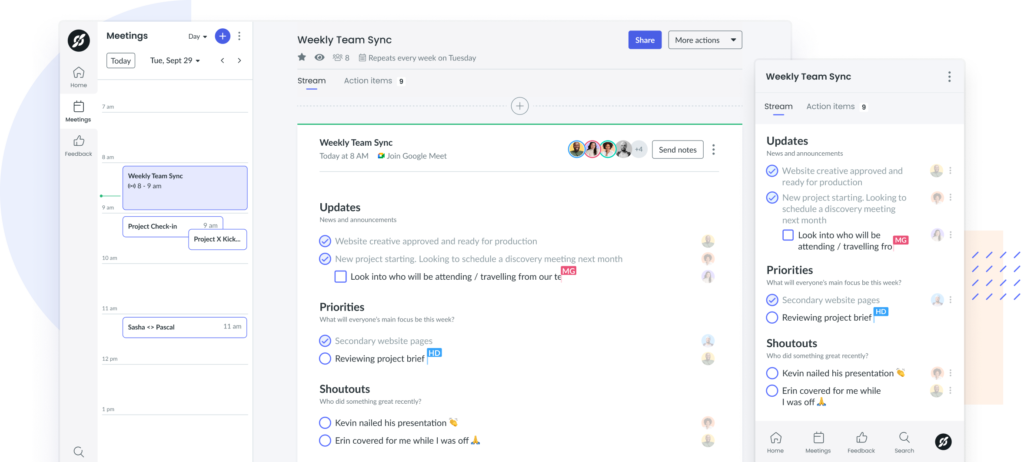
2monday.com
First up is monday.com, which is a product backlog management tool that allows teams to hit the ground running on their work as soon as signing up. It boasts a long list of features for data visualization and can integrate with several existing tools that are likely already in your team’s tech stack.
Some notable features to mention are:
- Allows for easy communication and collaboration across teams
- Syncs with Gmail and Outlook in just a few clicks
- Allows for special permissions and security amongst users
- Provides real-time dashboards which clarify on what everyone is working
Price: monday.com is priced between $8 and $16 per user per month. If your team is on the smaller size, it also offers a free plan that can accommodate up to two seats. Need enterprise-level features and functionality? Contact their sales team for more information.
3ClickUp
Next we have ClickUp, which boasts solutions for task lists, collaborative docs, in-app chat, and goal tracking. This tool is a hub where development teams come together to plan, organize, and collaborate on work in one comprehensive location.
Some notable features to mention are:
- Integrations with Slack, G Suite, Dropbox, and many more tools
- Easy to use and customizable Kanban boards
- Tasks lists that can be ordered by priority and assignee
- Customer feedback forms
- Over 35+ ClickApps to customize task management for teams of all sizes
Price: ClickUp is a free backlog management tool for unlimited users, but with some feature limitations. Paid plans start at $5 per user per month and go up to $19 per user per month. There’s also a 30-day refund policy if users aren’t satisfied with what the tool offers. Need enterprise-level features and functionality? Contact their sales team for more information.
4Jira
Another choice for product backlog management is Jira. This product backlog management tool was created for teams planning and building great products, aiming for everything to come together seamlessly for success.
Some notable features users of Jira can access are:
- Customizable scrum boards to break large, complex projects into manageable pieces of work
- Aligned roadmaps to keep everyone in sync and organized
- Customizable workflows that map to any style of work
- Several reports and dashboards to provide critical insights into goals and performance
Price: Jira is offered for free for up to 10 users. Teams of more than 10 can choose packages that begin at $7.50 per user and go up to $14.50 per user. Each paid plan offers a 7-day free trial. Need enterprise-level features and functionality? Contact their sales team for more information.
5Productboard
Productboard is also a backlog management tool that companies should consider. This option helps product teams, big and small, prioritize what to build next and align everyone around their product roadmap. With Productboard, it’s simple to align team members through interactive, live roadmaps, which can be tailored to a team’s exact needs in just a few clicks.
Productboard brings several notable features to the table. Some include:
- The ability to share agile and customizable product roadmaps with team members
- Unlimited access to view customer feedback behind each feature on the roadmap
- Customizable roadmaps and product boards for every item within the backlog
- Detailed release plans, so nothing falls through the cracks
Price: Productboard offers users a 15-day free trial, no credit card needed, for all of its plans. Two packages are offered: one for $20 per user per month and another at $80 per user per month. For larger businesses, there are two custom plans available. More information regarding the prices of these plans is available through a free demo.
6Microsoft Planner
Also available is Microsoft Planner, which makes it easy for teams to create plans, organize and assign tasks, share files, chat about what you’re working on, and get updates on progress. As a visual task management tool for a company’s product backlog, Microsoft Planner streamlines workflows for all types of timelines and upcoming goals.
Microsoft Planner has several features and functionalities that users can take advantage of. Some are:
- The ability to create Kanban boards with features including files, checklists, and labels
- Options to collaborate in Microsoft Planner and Microsoft Teams, while also checking visual status charts for clear communication
- Functions that automatically visualize task status into pie and bar charts for team members—with no setup required.
Price: Microsoft Planner offers four plans, all starting with one month free. Pricing begins for businesses at $6 per user per month and goes up to $22 per user per month. There are also enterprise plans available, starting at $8 per user per month and going up to $57 per user per month.
7Asana
Rounding out the list is Asana, which helps teams orchestrate their work, from daily tasks to strategic initiatives, in one comprehensive place.
There are several features Asana has to offer. Some are that you can:
- Easily file and track bug reports and sprints
- Keep feedback under one roof to prioritize and make changes faster
- Benefit from tons of workflows to match scrum practices to plan projects, sprints, and programs
- Have a central location for everything, from questions to product feedback, so changes can be implemented faster
Price: Asana offers three pricing options for users interested in choosing it for its product backlog management tool. The free plan is available for individuals just getting started with product management, and there are also plans for $10.99 per user per month and $24.99 per user per month.
Let’s get down to business
Product backlog management tools take disorganized plans and to-do lists and transform them into a thorough log organized by priority. Choosing the tool that works best for your team will boost productivity, improve communication, and ensure products get completed on schedule so all milestones can be achieved.



![[2024] Best Daily Scrum Tools & Software](https://fellow.app/wp-content/uploads/2023/03/scrum-meeting-software2.jpg)





